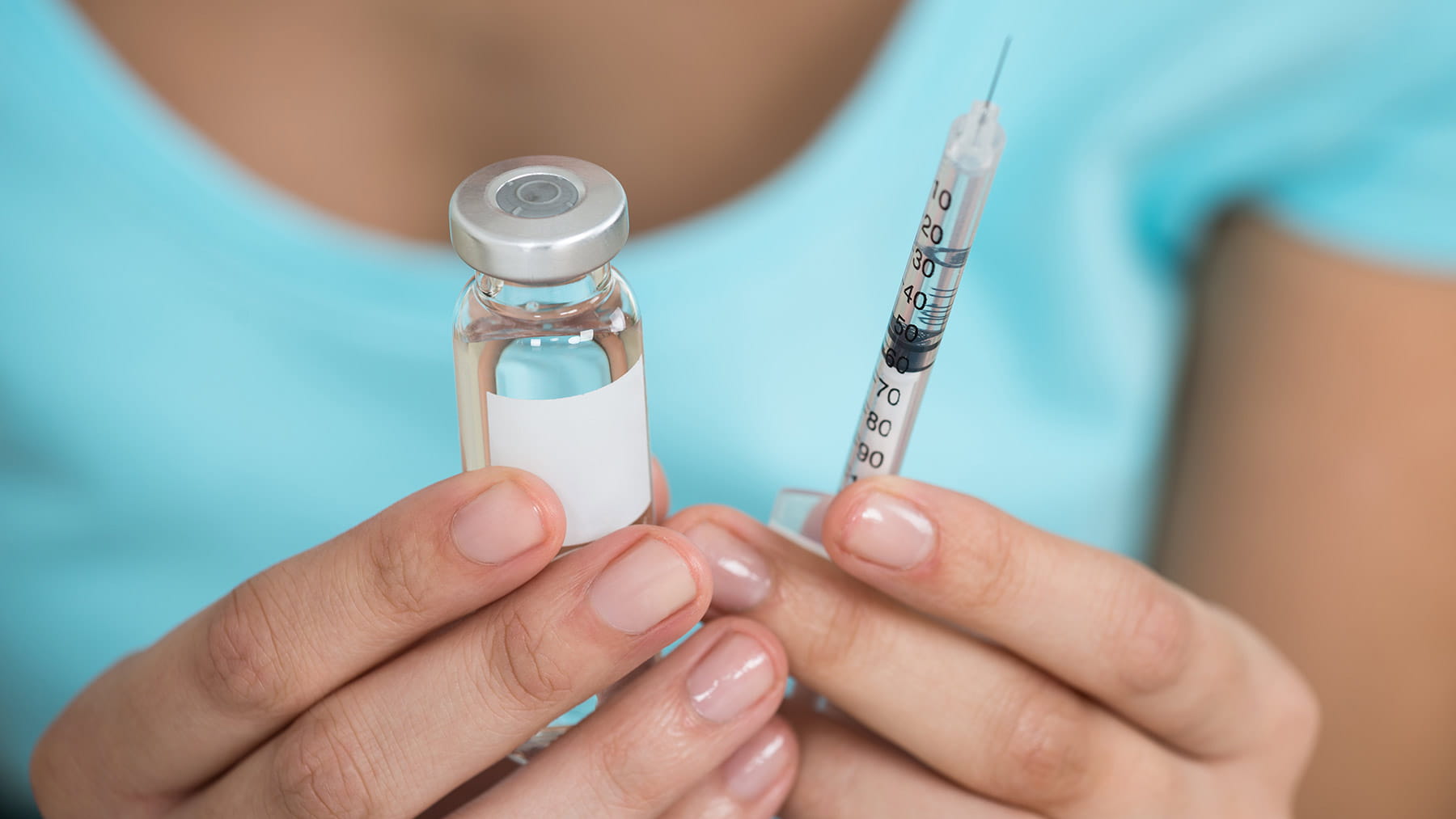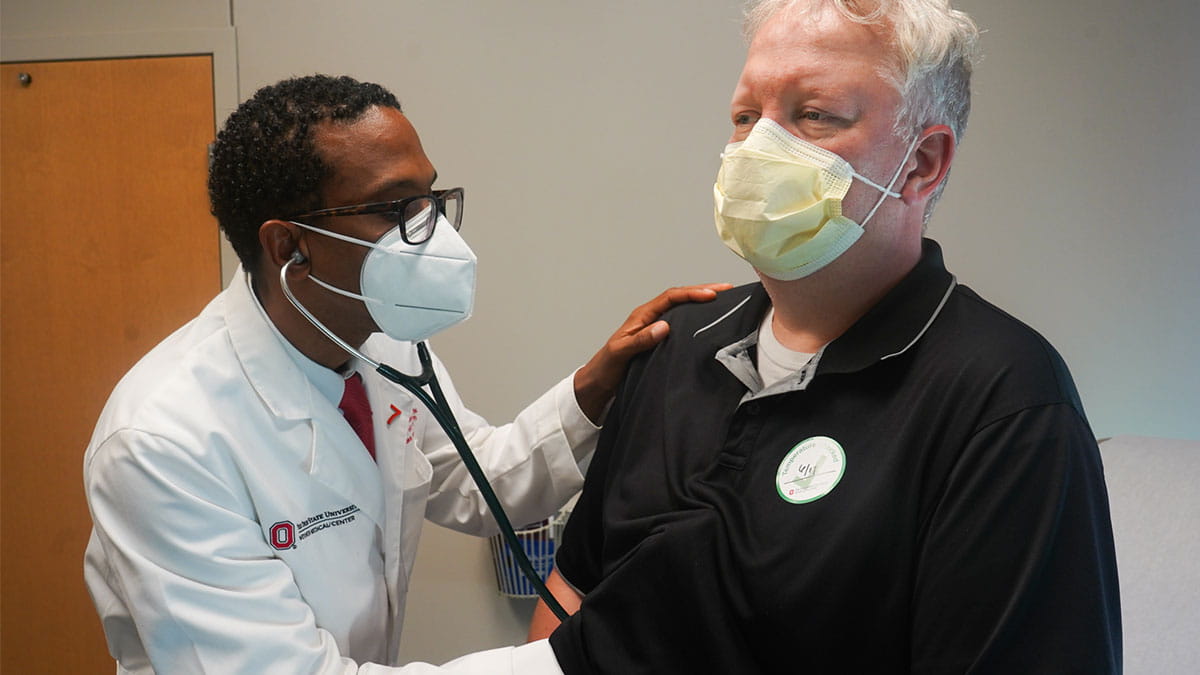Why you shouldn't be afraid to take insulin
 Insulin. It’s a word that may strike fear in someone who has diabetes – they’re afraid of needles or even the medication itself. Nearly 100 years after insulin was first discovered, people still hesitate when we discuss it as part of their diabetes treatment. Insulin should not be scary. After talking with patients, I find we can ease much of the concern when they realize how much the treatment has evolved.
Insulin. It’s a word that may strike fear in someone who has diabetes – they’re afraid of needles or even the medication itself. Nearly 100 years after insulin was first discovered, people still hesitate when we discuss it as part of their diabetes treatment. Insulin should not be scary. After talking with patients, I find we can ease much of the concern when they realize how much the treatment has evolved.Misconceptions about insulin
The shots are easier
For some, it’s the fear of injecting themselves every day with a needle. Nowadays, many people use insulin pens instead of vials and syringes. The needles are smaller and thinner than ever before. Insulin injections can often be less painful than glucose testing.
Lifetime medication
Many people tell me they’re afraid they’ll never stop taking insulin once they start. That might be true, but not always. It has to do with the body’s ability to make its own insulin. If you’ve had undiagnosed diabetes for a while, then you might need some insulin support to start. With lifestyle changes, some people are able to stop using insulin.
It’s important to talk with your doctor about insulin early in your diagnosis so you’re informed about the many options for managing your diabetes. Having a certified diabetes educator (CDE) as part of your diabetes care team is also important, especially when starting or changing your insulin regimen. Ask your doctor for more information.
Elizabeth Snyder is a registered dietitian and a certified diabetes educator at The Ohio State University Wexner Medical Center.




